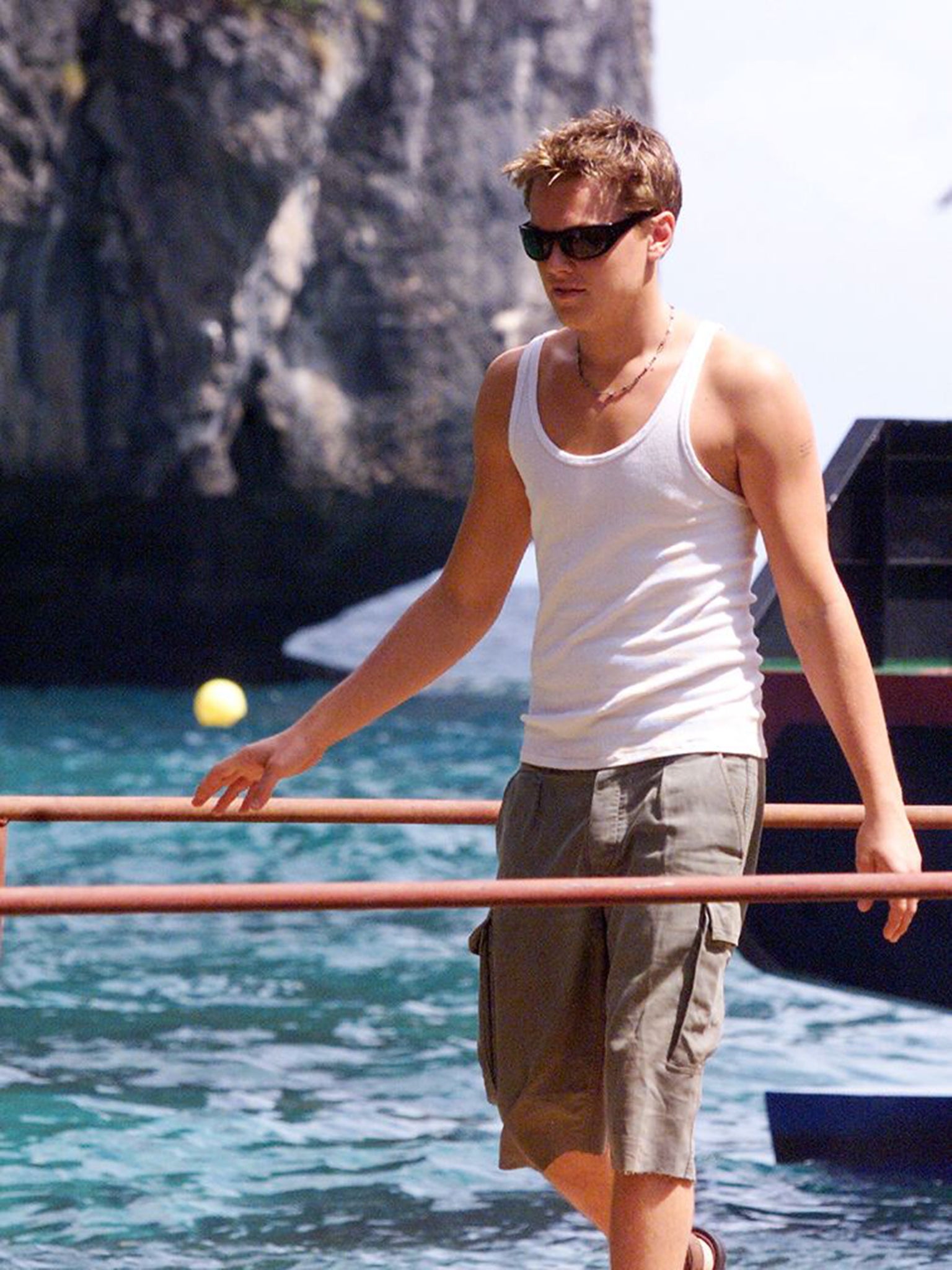Thailand’s Maya Bay from film The Beach to close indefinitely due to damage caused by tourists
The famed beach has suffered huge damage to its ecosystem due to overwhelming numbers of tourists
Maya Bay, which shot to international fame when it featured in The Beach, is closed until further notice.
The Thai bay was chosen as the ultimate island paradise, depicted in the 2000 film starring Leonardo DiCaprio, thanks to its clear turquoise waters and white sand beach.
However, its rise to stardom has come with unwelcome side effects. For nearly 20 years, tourists have descended upon the beach on Koh Phi Phi Leh island in their thousands.
In 2017, up to 5,000 people a day visited the island, reached via speedboat from the nearby islands of Phi Phi and Phuket and Krabi on the mainland.
However, it closed in June 2018 for four months due to the damage excessive numbers of tourists were doing to the local ecosystem, including coral reefs.
Jean-Luc Solandt, principal specialist of Marine Protected Areas, told The Independent at the time: “Tourists are both ignorant of the damage they can cause by touching corals, and grabbing them, and also tend to be more clumsy than experienced divers.”
He added: “It has been proven that the products from sun cream can slough off your body and kill corals.”
The plan was for the beach to reopen in October 2018, but experts say the bay has not recovered sufficiently yet.

“Four months’ closure was not enough,” Songtham Sukswang, the director of the Office of National Parks, told Traveller.
“We need at least a year or even up to two years or maybe more for the environment to recover – this includes the coral reefs, mangrove, and the beach.”
The decision is a difficult one for a country whose economy relies so heavily on tourism.
Visitor numbers surpassed 35 million in 2017 and travel and tourism as a whole accounted for around 21 per cent of Thailand’s GDP. This number is expected to rise further in the coming years, placing ever greater pressure on the country’s delicate ecosystems.
Join our commenting forum
Join thought-provoking conversations, follow other Independent readers and see their replies
Comments
Bookmark popover
Removed from bookmarks